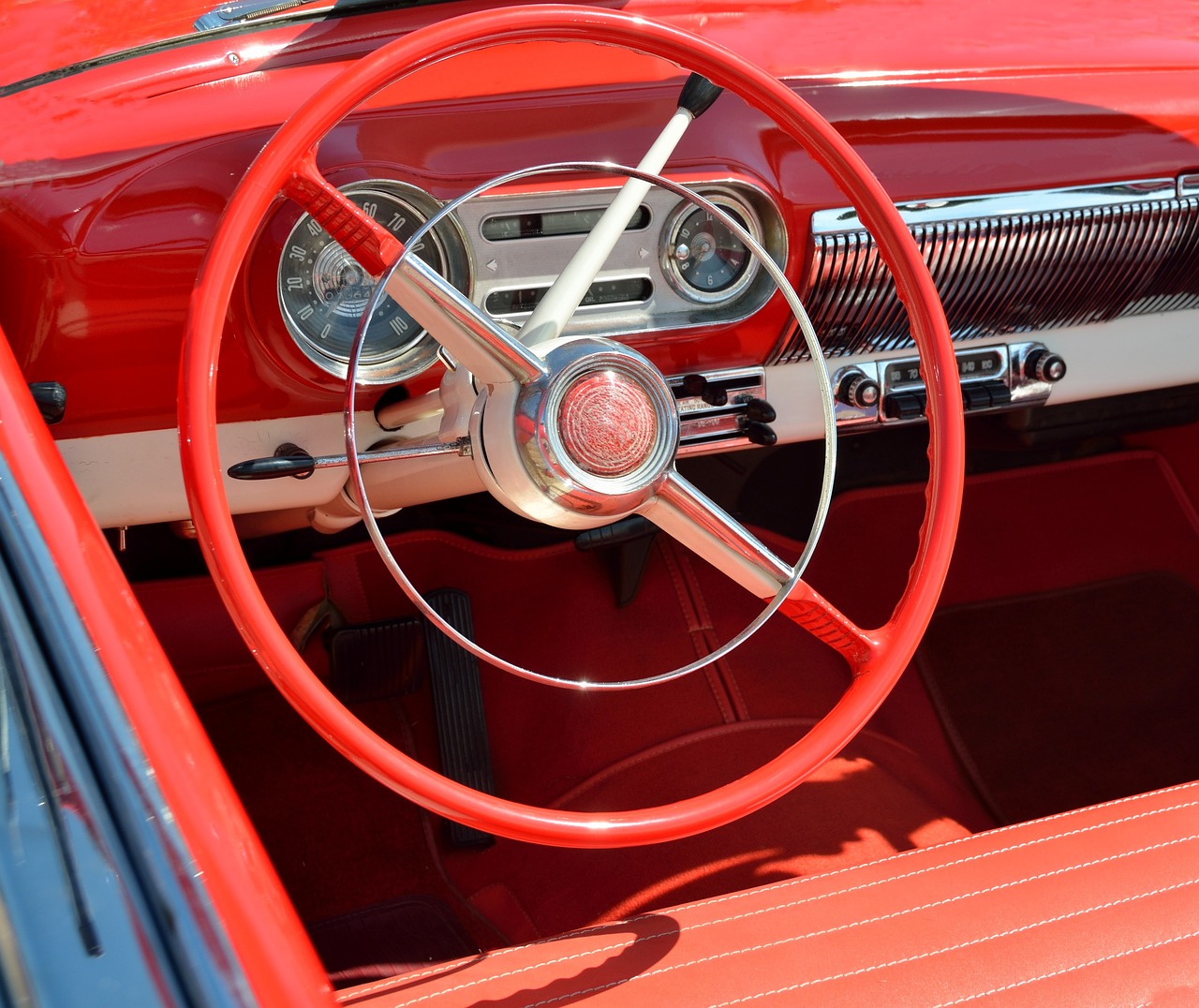The Future of Automotive Retail: Peer-to-Peer Car Sharing Platforms
Traditional car dealerships often struggle with high overhead costs, including maintaining large physical lots and showrooms. These operational expenses can eat into their profit margins, making it challenging to offer competitive pricing compared to online retailers or peer-to-peer car sharing platforms. Additionally, the traditional dealership model relies heavily on in-person interactions, which can be time-consuming for both customers and sales staff, potentially leading to slower transaction processes and customer dissatisfaction.
Another common challenge faced by traditional car dealerships is the pressure to keep up with evolving consumer behaviors and preferences. With the rise of digital technologies and online shopping options, customers now have more choices than ever before when it comes to researching and purchasing vehicles. This shift has forced traditional dealerships to adapt their marketing strategies and sales tactics to stay relevant in an increasingly competitive market. Failure to embrace these changes and cater to modern consumer demands could result in losing market share to more agile and tech-savvy competitors.
Rise of Peer-to-Peer Car Sharing Platforms
Peer-to-peer car sharing platforms have revolutionized the way individuals access transportation services. With the rise of companies like Turo and Getaround, car owners are now able to share their vehicles with others for a fee, creating a more cost-effective and sustainable way to utilize underutilized assets. This peer-to-peer model also provides renters with a wider range of vehicle options compared to traditional car rental services, allowing them to choose a car that fits their specific needs and preferences.
Moreover, peer-to-peer car sharing platforms offer a more personalized and convenient experience for both car owners and renters. Owners have the flexibility to set their own rental rates, schedules, and guidelines for their vehicles, giving them full control over the usage of their cars. On the other hand, renters can enjoy a seamless booking process, often with added benefits such as insurance coverage and roadside assistance included in the rental package. This direct interaction between owners and renters fosters a sense of community and trust within the sharing economy, enhancing the overall user experience.
Benefits of Peer-to-Peer Car Sharing for Owners
Peer-to-peer car sharing offers owners the opportunity to earn passive income by renting out their vehicles when not in use. This can be particularly advantageous for those who own multiple cars or have vehicles that are not regularly used. By participating in a car sharing platform, owners can offset maintenance and parking costs, making car ownership more financially sustainable.
Furthermore, peer-to-peer car sharing allows owners to contribute to a more sustainable and eco-friendly transportation system. By sharing vehicles with multiple users, owners can help reduce the overall number of cars on the road, thereby decreasing traffic congestion and lowering greenhouse gas emissions. This can lead to a more efficient use of resources and a positive environmental impact on the community.
How does peer-to-peer car sharing differ from traditional car rental services?
Peer-to-peer car sharing allows car owners to rent out their vehicles to others on a short-term basis, while traditional car rental services are typically provided by dedicated companies with their own fleet of vehicles.
What are some benefits of peer-to-peer car sharing for owners?
Some benefits of peer-to-peer car sharing for owners include earning extra income, offsetting the costs of owning a car, and reducing the environmental impact of car ownership by maximizing the use of existing vehicles.
Are there any risks associated with peer-to-peer car sharing for owners?
While peer-to-peer car sharing platforms typically offer insurance coverage for rentals, owners should be aware of the potential for wear and tear on their vehicles and the possibility of accidents or damage occurring during rentals.
How can owners ensure the safety and security of their vehicles during peer-to-peer car sharing?
Owners can take steps to protect their vehicles by thoroughly vetting renters, setting clear rental guidelines and expectations, and utilizing tracking and monitoring technology to keep tabs on their vehicles during rentals.
Can owners set their own rental rates and availability on peer-to-peer car sharing platforms?
Yes, owners have the flexibility to set their own rental rates, availability, and rental terms on most peer-to-peer car sharing platforms, allowing them to customize their rental experience to suit their needs and preferences.







